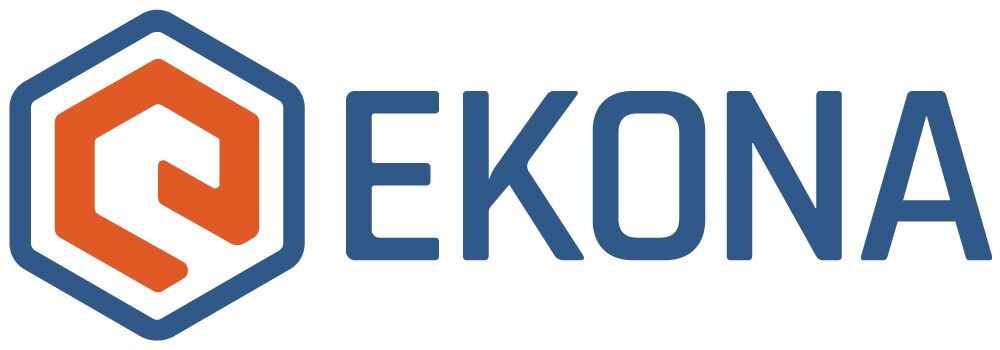Increasing Partnerships and Reducing GHGs in Oil & Gas
CRIN’s Low Emission Fuels and Products Technology Challenge provided funding for technologies that reduce the carbon intensity of the products and processes from Canada’s oil and gas industry, including transportation fuels and other hydrocarbon-derived products.
February 2021 - December 2021
CRIN: Low Emission Fuels and Products Competition
The Challenge has facilitated the cleantech ecosystem’s development by encouraging partnerships between innovators and oil and gas producers to implement the projects.
Challenge Sponsor:
Clean Resource Innovation Network (CRIN)
Challenge Winners:
Ekona Power Inc., Suncor Energy & KWI Polymers Inc., Canadian Natural Resources Limited (CNRL), and Enerkem Inc. (in collaboration with INFRA)
Challenge Coordinators:
Foresight Canada and The Delphi Group
Challenge Background
The Clean Resource Innovation Network (CRIN) is a pan-Canadian network founded to enable clean energy development by commercializing and adopting technologies for the oil and gas industry.
They ran a challenge with Foresight to identify cleantech innovation that would enable Canada’s oil and gas industry sustainably develop low emission fuels and products with the goal of integrating this innovation into the global energy supply. The competition was open to breakthrough technology solutions aligned with one or more of the following technology focus areas:
1
Innovative Products from Hydrocarbons
Technologies included in this focus area produce carbon based non-combustion products such as activated carbon, carbon fiber, asphalt binder from petroleum, and natural gas.
Other examples of technologies included are new recovery techniques for elements like lithium, vanadium, titanium, or nickel recovered from co-produced hydrocarbons.
2
Carbon Capture and Utilization
Technologies included in this focus area reduce greenhouse gas emissions by capturing, utilizing, and/or converting carbon dioxide.
3
Hydrogen and Geothermal
Technologies included in this focus area develop clean energy opportunities from hydrocarbon-derived hydrogen and recovery of geothermal energy to optimize the utility of the oil and gas industry.
4
Low Carbon-Intensity Alternatives and New Fuels
Technologies included in this focus area develop products and processes that reduce fuels’ carbon intensity. Examples include innovative fuels and production of fuels from biogenic feedstocks within existing infrastructure potentially including waste products, bitumen partial upgrading, or other novel processes.
Outcomes
- The cumulative GHG emissions reduction estimated for the four projects is 55 megatonnes of CO2e - a significant fraction of CRIN’s overall target of 100 MT CO2e by 2033.
- The four projects are expected to generate over 2,100 direct and indirect jobs by 2024.
- Managed a $30M value-add stream fo CRIN's climate innovation calls targeting later-stage innovation and solutions
Winners
Ekona Power Inc.
Pilot deployment of Ekona’s pulsed-methane pyrolysis (PMP) solution which converts feedstock methane into hydrogen and solid carbon, virtually eliminating CO2 emissions. It produces hydrogen at a cost on par with incumbent steam methane reformers (SMR), while reducing greenhouse gas emissions by 90%.
Suncor Energy & KWI Polymers Inc.
KWI’s low-cost plasma-based natural gas pyrolysis technology decomposes natural gas into hydrogen and value-added solid carbon. Approximately 8,200 tonnes per day of hydrogen is currently produced in Canada, resulting in 27 MtCO2e/yr or 4% of Canada’s annual GHG emissions. KWI’s technology can materially reduce these emissions by providing a low cost low GHG alternative, especially where CO2 storage isn’t available.
Canadian Natural Resources Limited (CNRL)
CNRL’s Molten Carbonate Fuel Cell (MCFC) demonstration pilot can be configured to capture CO2 from flue gases while generating electricity at the same time, making it lower cost than solvent based CO2 capture. The pilot will produce a 99.5% purity CO2 product stream and will be designed to capture up to 90% of the CO2 in the flue gas being treated, at 8kt CO2 per year.
Enerkem Inc. (in collaboration with INFRA)
The Project will demonstrate the production of low carbon intensity renewable diesel by scaling up and integrating INFRA’s Fischer Tropsch technology with Enerkem’s carbon recycling technology, and obtain pre-commercial quantities of light synthetic oil (LSO) which can be used directly as a renewable blend-stock for diesel fuel. It is expected that a commercial implementation would reduce carbon emissions by over 230,000 tonnes per year, mitigating over 4.6 million tonnes of CO2 equivalent over the 20 years lifetime of the project.



